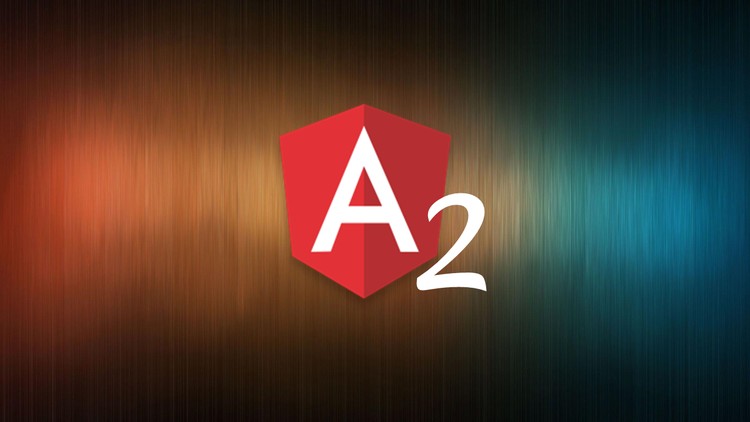Course overview
- Provider
- Udemy
- Course type
- Paid course
- Level
- Beginner
- Duration
- 7 hours
- Lessons
- 49 lessons
- Certificate
- Available on completion
- Course author
- Le Deng
-
- Understand the basic concepts of ES6, TypeScript and WebComponents
- Understand Angular 2's modular design concept
- Know how to jump start writing an Angular 2 app
- Understand various concepts within Angular 2 template syntax
- Know what Dependency Injection is and how to use it
- Use Pipes as filters to transform the data
- Know how to write a form with rich content
- Know how to approach a moderate web app design using Angular 2
Description
WELCOME TO MY COURSE - "Fundamentals of Angular 2 Full Stack Design"
You can find more info here: ldeng(dot)net/courses
In this course, we will go through the course starting from even before Angular 2 - ES6, TypeScript, and WebComponent, which Angular 2 are built based on. Most of the courses out there skip that part, but I would like to include it as I think they pertain to the Angular 2 concepts well.
After we cover the pre-angular2 stuff, we'll start to look at angular 2 from a high level to have a brief shape of the framework. Then we dive into it to look at the Nitty-gritty materials, which include topics of template syntax, dependency injection, pipes, form and more. There will be exercises provided, which is used to get your hands dirty on the stuff we have learned.
In the second part of the course, we will start to build a project called Lagoon and it'a photo sharing website. We'll start to build it from scratch and you will be writing code along with me. The main purpose is to experience the design flow of Angular 2 and see how powerful it actually is.
The course itself is targeting for beginners to somewhat intermediates. If you know some basic HTML, CSS and JavaScript, you should be good to go.
Notice:
1. Source code for final project is added in that section's intro video. You should the zip file from the resource.
2. You can use angular-template source code each time you want to start an Angular 2 app, which can be found in Demo section. Use "npm install" first to install dependencies and then "npm start" to run the app.
3. Angular 2 has updated some of its content on set up the environment. I update the video on it and you can find in the demo lesson. If you want to follow the course exactly, you can use the starter template in the source code I attached. On the other hand, you can also use the latest version of Angular 2, which needs some minor changes.
Similar courses

-
34 hours
-
463 lessonsCertificate

-
30 hours
-
376 lessonsCertificate


